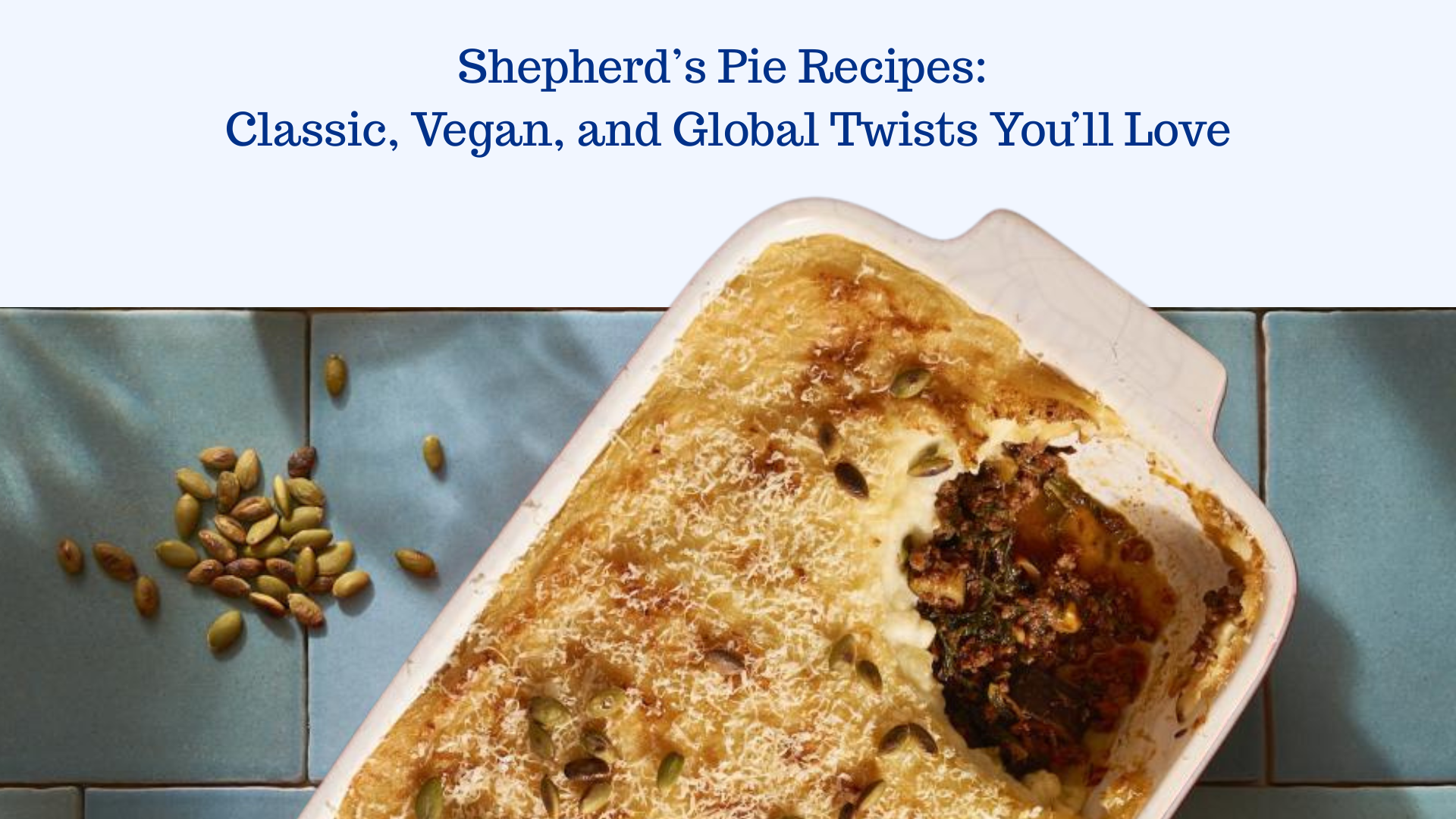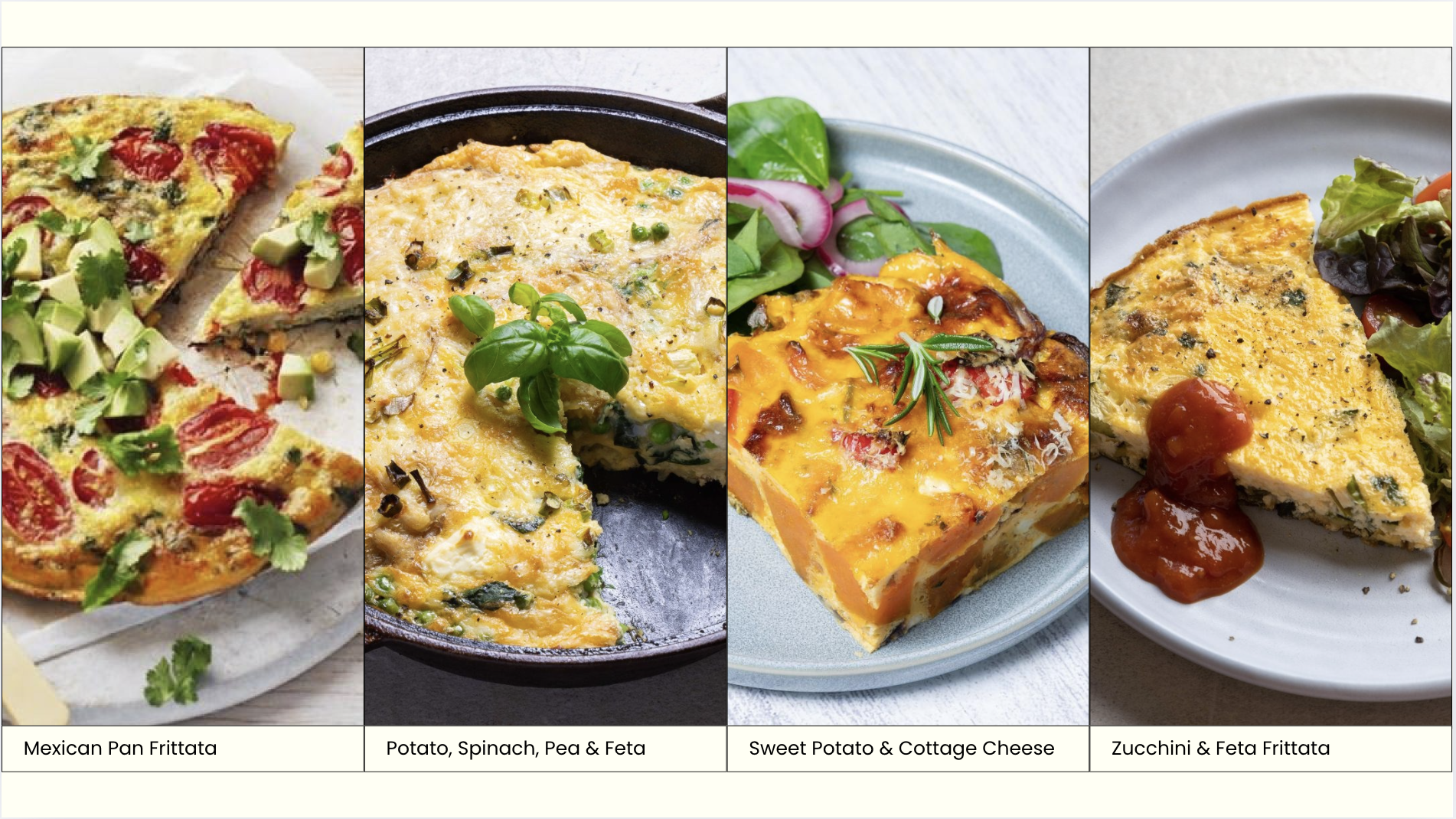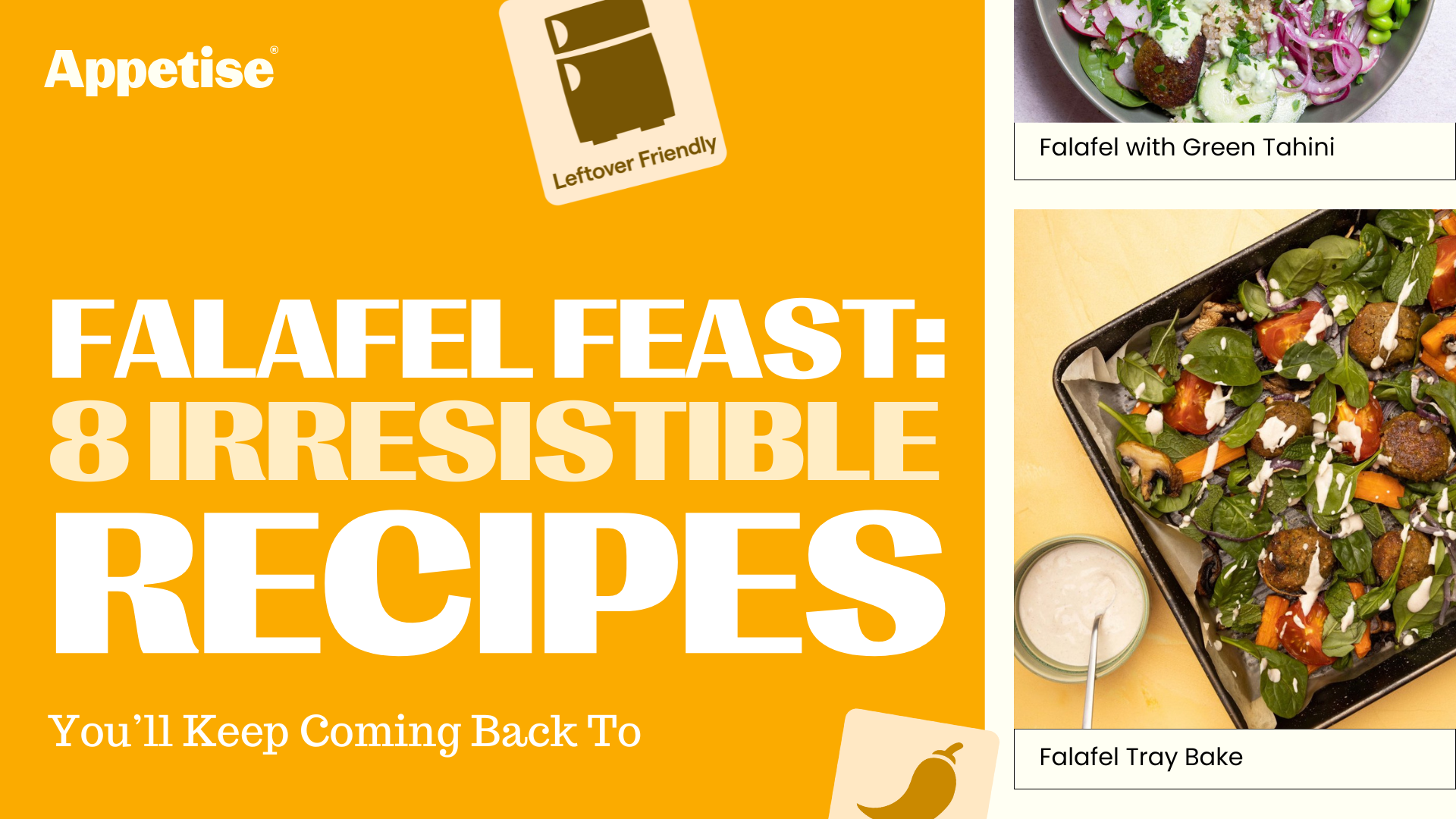Globally, we throw out around 1.3 billion tonnes of perfectly edible food every year—or around a third of all of the food we produce. As Kiwis, we contribute roughly around 150,000 tonnes to this figure.
While only a drop in the pond compared to the rest of the world, this translates to around $1,520 of wasted food per household PER YEAR. And this figure is set to balloon further. Coupled with rising food prices, Kiwis are wasting more food than in previous years; around 13.4% of household food ended up in the bin in 2022, up from 8.4% in 2021.

But reducing food waste doesn't have to be difficult. With a few simple tips and strategies, you can help reduce food waste and make your kitchen more sustainable.
Why is it important to reduce food waste?
For the average person like you and I, reducing our food waste can be an important measure to making our grocery budget stretch that little bit further. Throwing perfectly good food away is no different from throwing our hard earned cash away. But there are also wider reaching effects of food waste, and the foo(d)print that it creates.
A 2022 UN report stated that "when food is lost or wasted, all the resources that were used to produce this food - including water, land, energy, labour and capital - go to waste. In addition, the disposal of food loss and waste in landfills, leads to greenhouse gas emissions, contributing to climate change. Food loss and waste can also negatively impact food security and food availability, and contribute to increasing the cost of food."
What are we wasting?
Nearly one third of all food we waste is fruit and vegetables, often simply because they're past their prime. Slightly brown bananas, wilted spinach, sorry-looking herbs. We're all guilty of it, but just because our fruit and veg doesn't look it's best, doesn't mean it's not fine to consume. Top of the list too is bread—and a lot of it; roughly around 29 million loaves that is. What many may not realise is that, for us at least, bread is actually best stored in the fridge.
Our humid New Zealand climate fosters mould growth faster than in many other countries. Or if your loaves of bread, buns or bagels are reaching the end of their life, chuck 'em in the freezer and defrost when needed. Finally of note: leftovers. Food we've already invested even more time, money and effort into just to throw away. Leftovers can make incredibly easy and efficient lunches or snacks for busy people. Equally, you could look to use your leftovers in a following recipe. Have a left-over roast chicken? Add it into a curry, sandwich, or stew!
How to reduce food waste
Plan your meals in advance
Look, we know this might seem a little biased considering we're a meal planning platform - but for good reason. Simply, one of the most effective ways to reduce food waste is to plan your meals in advance. Take a few minutes each week to plan out your meals and make a grocery list based on the ingredients you'll need.
You'll find yourself reducing frivolous spending, saving money, and not having those stubborn leftover cabbages at the end of the week—and you'll get to eat some delicious food while doing it. And, even if you don't create a full meal plan, just by having a general idea can really help you become more of a mindful shopper.
Use what you already have
Before heading to the grocery store, take a look in your pantry, fridge, and freezer to see what ingredients you already have on hand. Prioritise using these up in your recipes first.This can equally help us to only shop for what we truly need instead of purchasing in bulk or 'just because'.
Make friends with your freezer
Your freezer isn't just a storage box for a solitary bag of peas. There's no end to the foods you can freeze, and doing so can save you a small fortune. Freezing food near the end of its life can be a great way to preserve it until you're ready to use it. And, for all of you savvy shoppers, it can be a great way to stock up on supermarket mark-downs or offers.
Know how to store foods
We've covered freezing, but knowing how each food likes to be stored is a vastly underestimated skill. Milk in the fridge, tins in the cupboard. Easy, right? Well, you're not wrong. But did you know not to put bananas into a fruit bowl? Or that potatoes and onions shouldn't be stored together? Bananas produce something called ethylene gas, which speeds up other fruit, such as apples and pears, ripening.
This means that it will equally speed up those fruits going bad. Onions also produce high levels of ethylene gas (though I hope you're not putting onions into your fruit bowl). If you're storing your onions along with other veg, commonly potatoes, it may also cause them to sprout faster. Knowing which fruit and veg play nicely, and those that don't, can go a huge way in keeping our produce fresh.
Leafy greens love water
Plants love water. It's a pretty universal fact. But something that can be used to keep your leafy veg healthy and happy for longer. Most leafy plants, such as kale, green onion, and many herbs last far longer by having the root or stems submerged in a small pot of water before being put in the fridge. And it might even help them grow a little bit more! Or if you might not have the space, wrap or roll your greens in a damp paper towel, allowing them to stay moist and hydrated. Other veg you can take even further: lettuce for example can be fully submerged in water, allowing it to stay fresh for around 10 days (or more!)
Don't peel your food
Now, this isn't a blanket rule. We'd be very impressed if you could get through a whole pineapple, stalk and all. But for a lot of our fruit and veg, removing the peels is a waste of valuable nutrients, fibre and food. In fact, we throw away just under 24,000 tonnes of peelings each year. Kiwis, our beloved namesake, are a surprising addition to the 'edible peel' group that you can eat completely raw.
Many others are better suited to being added into a recipe: banana peels can make an excellent addition to smoothies and contain heaps of fibre and potassium. Oranges, lemons and limes added for their zest, or candied into a delicious sweet treat. Or creating 'chips' from root vegetable peelings. There's a whole world of options out there.
Compost food scraps
Reducing food waste doesn't mean eating absolutely everything we purchase. It just means ensuring that it doesn't go to waste. For those peels (and other food scraps) you can't eat or otherwise reuse, consider composting them. Composting can help reduce landfill waste and provide valuable nutrients for your garden, with many cities now offering composting programs. Or, start your composting journey at home using a compost bin or pile!
Understand your dates
"Sell by", "Use by", "Best before" - it can be hard deciphering the differences. But as a general rule, they refer more to food quality rather than food safety. That is, "when will this piece of food be the best to consume". Often if you're throwing something out just after it's "expiration", you're likely throwing away perfectly good food. Many foods stay perfectly edible long past their use-by dates—even for years.
For the most part, trust your senses and ask yourself three key questions:
- Has it been stored correctly?
- Does it have any visible mould?
- Does it have any unpleasant odours?
Donate anything you can't consume
We understand it's incredibly difficult to be 100% waste free 100% of the time. But for the food we're not able to eat, there will be several people who will—and who will likely be incredibly grateful, too. Friends, family and neighbours can be your first go to - but food banks around the world are constantly on the hunt for tinned, dried and nutritious foods to help those less fortunate.







